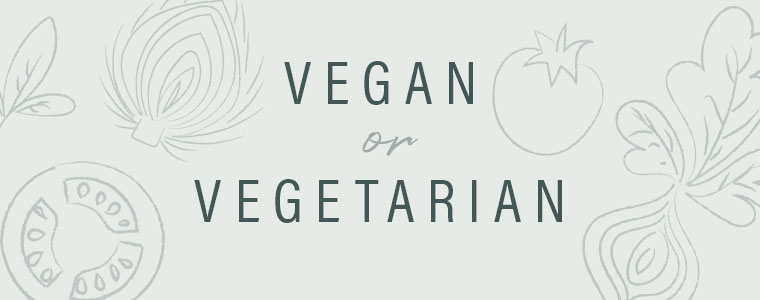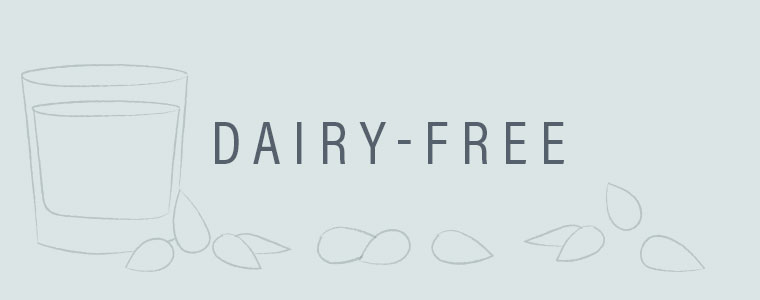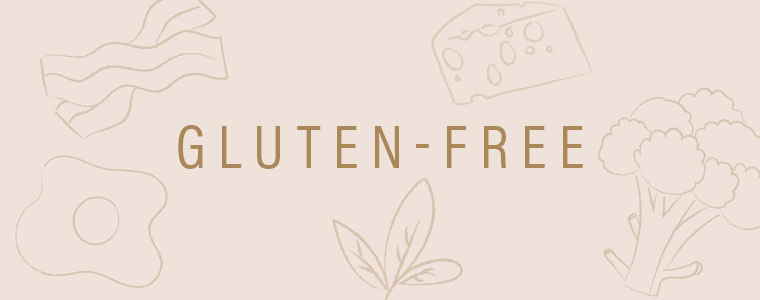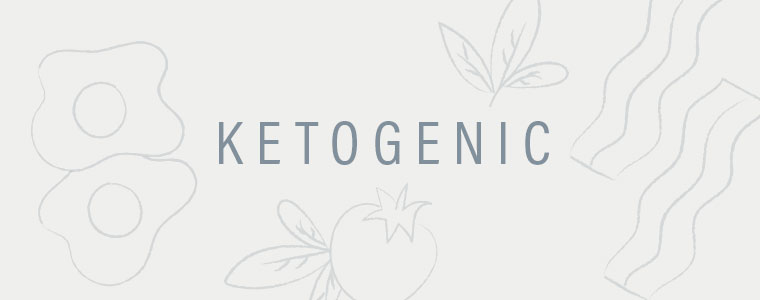These Are the Supplements You Likely Need, Depending on Your Diet
The truth is, most people just aren't getting all the nutrients they need from food alone—though that's the ultimate goal. Whether you're hardcore Paleo, vegan, or avoid gluten, chances are you need some supplements in your life.
The only way you know for sure what vitamins you need is to schedule some one-on-one time with your doctor and get some tests done. That said, there are some definite commonalities of what most people are missing, depending on their diet. Here, doctor and University of California, San Francisco School of Medicine associate professor Terrelea Wong, MD, gives some general recommendations, broken down by five of the most popular eating plans.
Scroll down to see what supplements you may need to round out your specific diet.

Vegan or vegetarian
According to Dr. Wong, non-meat eaters need more supplements than anyone. Whether you're vegetarian or all-out vegan, she says there's a good chance you aren't getting enough vitamin B12. "It's almost exclusively in animal protein and it's really important for red blood cell production and preventing anemia," she says.
Not surprisingly, vegans have even greater needs than vegetarians because their's is a more restrictive diet. "Because vegans don't eat dairy, they often aren't getting enough calcium and vitamin D," Dr. Wong says, adding that both are important for a healthy immune system and preventing osteoporosis. "Both are in leafy greens and broccoli, but you'd have to eat a lot to get the daily recommended amount."

{{post.sponsorText}}
Something else vegans—and vegetarians who don't eat fish—likely need to swallow in capsule form is omega-3 fatty acids. "This is really important for heart health," Dr. Wong says. Of course, since many supplements source this from fish, look for ones that are made from flaxseed or walnut oil instead.
Two other supplements both vegans and vegetarians may need: zinc and iron. "These nutrients aren't absorbed as well when they come from plants, so it's recommended that people who don't eat meat actually consume double the recommended amount of zinc and iron as meat eaters," Dr. Wong says.

Dairy-free
Swapping your whole milk for almond may help lower inflammation, but Dr. Wong says a dairy-free diet also isn't so great for getting enough calcium and vitamin D. "They are both so crucial in building strong bones and teeth," she says. "I would highly recommend people who don't eat dairy supplementing their diet with both."

Gluten-free
Cutting ties with grains can be a healthy way to live (as long as your go-to food swaps aren't full of weird additives), but Dr. Wong says it could cause you to miss out on B vitamins—specifically B1 and B6, which give the body energy. So if you consistently feel worn out, taking a supplement may help.
"People who stick to a gluten-free diet can be more prone to being deficient in magnesium, zinc, and folic acid," Dr. Wong says. But if you're filling up on enough dark leafy greens, you won't need a supplement.

Paleo
There's a lot about the Paleo Diet that Dr. Wong is a fan of, like nixing processed foods. But, like virtually every other eating plan, it isn't perfect when it comes to getting every nutrient that you need. "If you're strict Paleo, you aren't eating dairy. So again, that means you are at risk for calcium and vitamin D deficiency," she says. "You're also missing raw cultured dairy, so there's a chance you're feeling a little constipated." The fix: Start taking a probiotic. And if you aren't eating grains, just like the gluten-free eaters, you might also need to start taking a vitamin B supplement.

Ketogenic
This high-fat and low-carb diet is super trendy right now, but breaking up with entire food groups, like gluten, and keeping dairy intake to a minimum mean that you're probably in need of some supplements. Any guesses? Yep, calcium and vitamin D—again. "A high fat diet can potentially increase urinary calcium excretion, which means you are losing a lot of calcium, putting someone at risk for osteoporosis or kidney stones," Dr. Wong says. She also adds that the keto diet can be a bit constipating, so this is another one where a probiotic could come in handy.
The eating plans highlighted here can all be a healthy way to live—as long as some key supplements are used to fill in the gaps. But there is one diet Dr. Wong says typically doesn't require any extra help at all: The Mediterranean Diet. "This one is the diet of choice for cardiologists," she says. "It's really balanced and as long as someone is sticking to the portion sizes, they are very likely getting the daily vitamins and nutrients they need."
Before you buy any supplements, read this guide on how to make sure you're getting ones that are truly worth the money. And here's how to find a probiotic that works.
Loading More Posts...